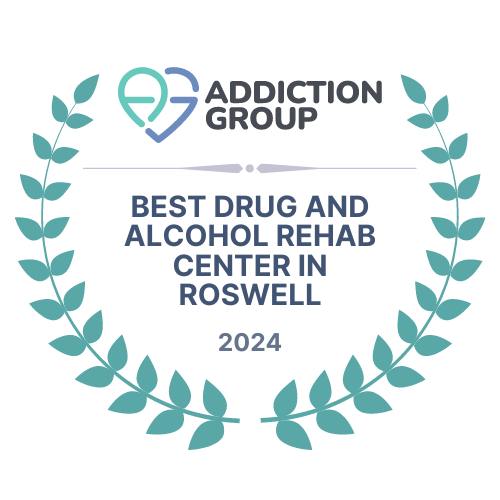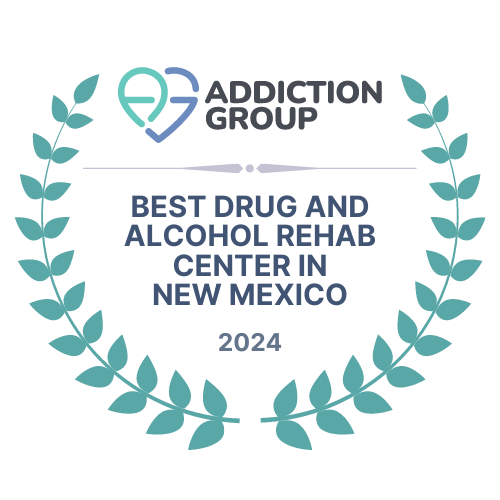Introduction
Addiction recovery is a complex journey that requires a multi-faceted approach to achieve long-term success. While traditional therapies and support systems play a crucial role, incorporating exercise into addiction recovery programs has gained significant recognition in recent years. Exercise offers numerous physical and psychological benefits that can significantly aid individuals in overcoming addiction and maintaining a healthy, balanced lifestyle. In this blog post, we will explore the role of exercise in addiction recovery and how it contributes to overall well-being.
Physical Benefits of Exercise
Engaging in regular physical activity during addiction recovery provides several significant advantages. First and foremost, exercise aids in restoring physical health and vitality. Prolonged substance abuse affects the body, weakening cardiovascular and respiratory systems, decreased muscle mass, and compromised immune function. By incorporating exercise into their routine, individuals in recovery can strengthen their cardiovascular system, increase muscle tone, improve lung capacity, and enhance overall physical fitness. These improvements contribute to increased energy levels, better sleep patterns, and a heightened sense of well-being, which are essential for sustained recovery.
Mental and Emotional Benefits of Exercise
Addiction often goes hand in hand with mental health disorders such as depression, anxiety, and stress. Exercise has been proven to be a powerful tool in managing and alleviating these conditions. When we engage in physical activity, our bodies release endorphins, which are natural mood-enhancing chemicals. These endorphins act as a natural antidepressant and help reduce stress and anxiety levels. Regular exercise also promotes better sleep patterns, boosts self-esteem, and enhances body image, all of which are crucial elements in maintaining emotional stability during the recovery process.
Distraction and Coping Mechanism
One of the most challenging aspects of addiction recovery is managing cravings and dealing with triggers that may lead to relapse. Engaging in exercise provides a healthy distraction and coping mechanism. Physical activity offers a positive outlet for stress, frustration, and anxiety, allowing individuals to redirect their focus away from cravings and negative thoughts. Whether it’s going for a jog, practicing yoga, or hitting the gym, exercise offers a constructive way to channel energy and emotions, making it an effective tool in relapse prevention.
Social Support and Connection
Isolation and a lack of social support can hinder addiction recovery efforts. Exercise, particularly when done in group settings or organized classes, offers an excellent opportunity to connect with others who share similar goals and struggles. Group workouts or team sports create a sense of camaraderie, support, and accountability. Building relationships with like-minded individuals provides a strong support system and a sense of belonging, which are crucial in maintaining sobriety and preventing relapse.
Developing Healthy Habits and Routines
Recovering from addiction involves establishing healthy habits and routines to replace destructive behaviors. Incorporating exercise into daily life helps individuals develop a structured routine, promotes discipline, and instills a sense of responsibility. Regular exercise becomes an integral part of a healthy lifestyle, ensuring that individuals in recovery have positive, productive activities to occupy their time and maintain a sense of purpose.
Conclusion
Exercise is a powerful and valuable tool in addiction recovery, offering physical, mental, and emotional benefits. By incorporating regular physical activity into their lives, individuals in recovery can improve their overall well-being, strengthen their physical health, manage mental health conditions, cope with triggers and cravings, establish a support system, and develop healthy habits and routines. As part of a comprehensive addiction recovery program, exercise provides an effective and sustainable approach to long-term recovery and a healthier, more fulfilling life.








